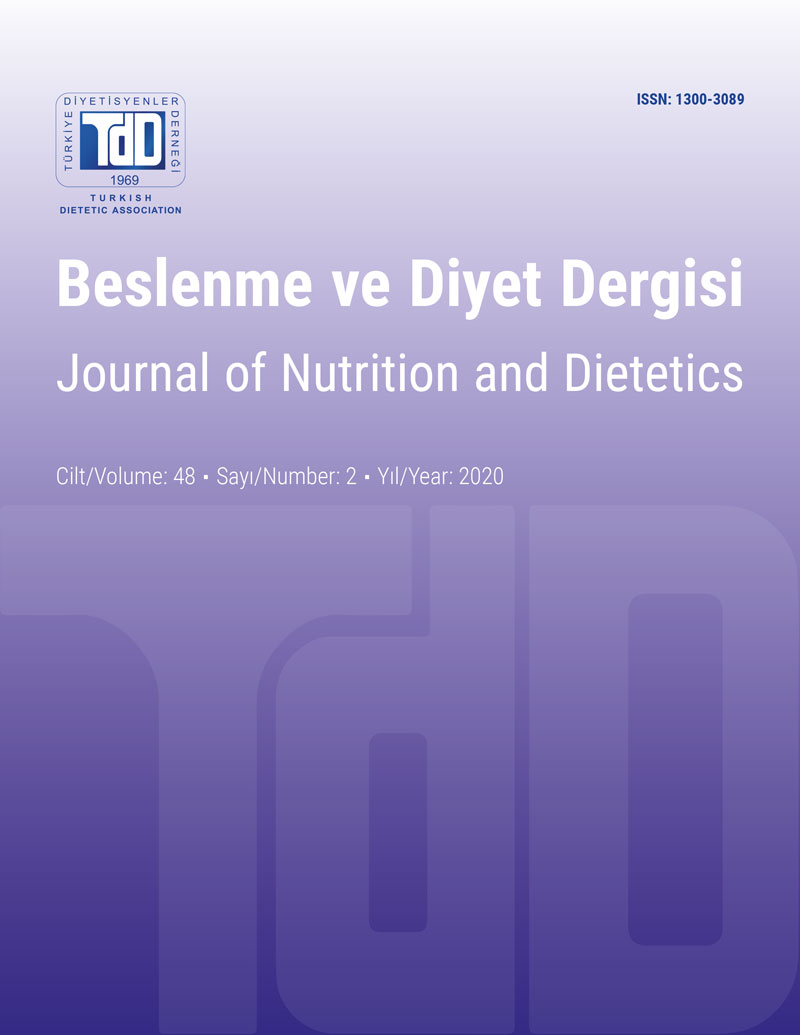Evaluation of Nutritional Status in Children With Epilepsy
DOI:
https://doi.org/10.33076/2020.BDD.1296Keywords:
Epilepsy, nutritional status, obesity, child feeding questionnaireAbstract
Aim: Epilepsy is the clinical status in which recurrent seizures occur with an abnormal electrical spread that occurs as a result of increased stimulation of neurons in the cortical and subcortical areas of the brain. Many studies emphasize that it is very important to investigate nutritional intake and status in children with epilepsy, as comorbidities due to overweight and obesity are frequently observed. This study was planned and conducted to determine the nutritional status and affecting factors in children with epilepsy.
Subjects and Method: This study was completed with 83 children and mothers pair aged between 1 and 18 years were admitted to Gülhane Training and Research Hospital between January-March 2017. The questionnaire consists of 13 descriptive questions, 9 questions about disease, 3-day food record and Child Feeding Questionnaire. The questionnaire was applied by face to face interview.
Results: The average age of the participants was 9.94 ± 4.62 years. Valproate was the mostly used (60.2%) drug. Participants were found to have high fat, low fiber and calcium intakes based on Turkey Dietary Guidelines-2015. There was a positive correlation between birth weight and perceived child body weight, and an inverse correlation between duration of disease and perceived responsibility, child body weight, follow-up and restriction subscale scores. The average perceived child body weight score was higher in boys, and the average of child body weight score and eating pressure scores were higher in girls (p<0.05). There were significant differences between perceived body weight, restriction and pressure scores according to body mass index (BMI) for age (p<0.05).
Conclusion: Both undernutrition and obesity are important nutritional problems for children with epilepsy. Dietitians should organize nutrition training programs and, increase the knowledge level of the families and monitor the nutritional status of the children and apply early interventions to enable epilepsy be treated more effectively.

